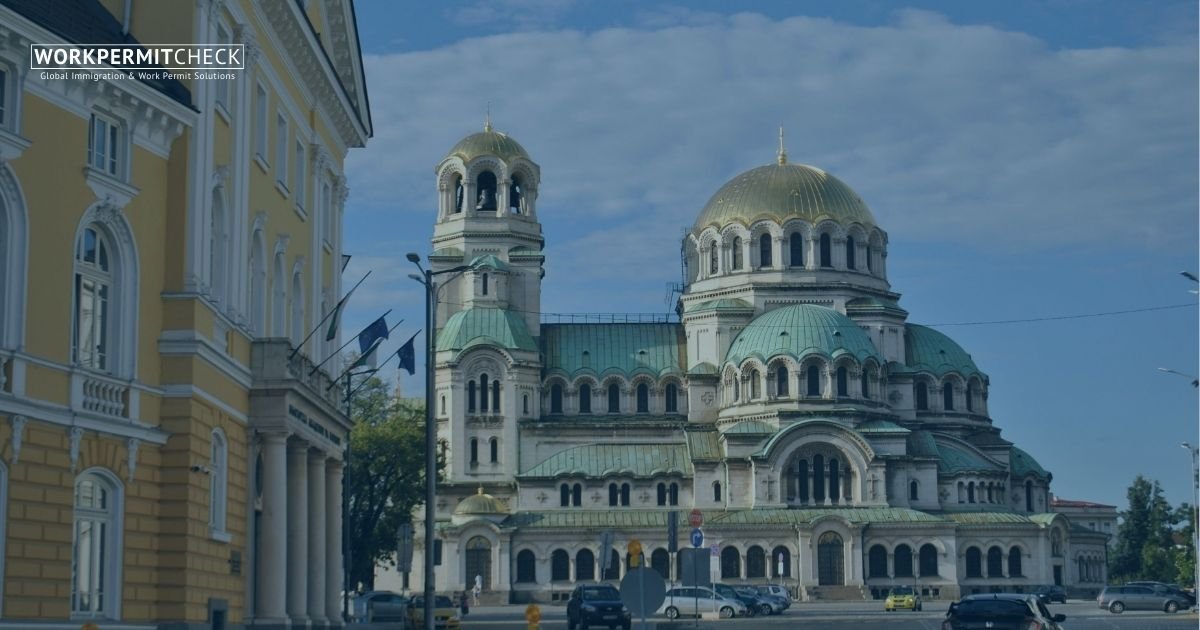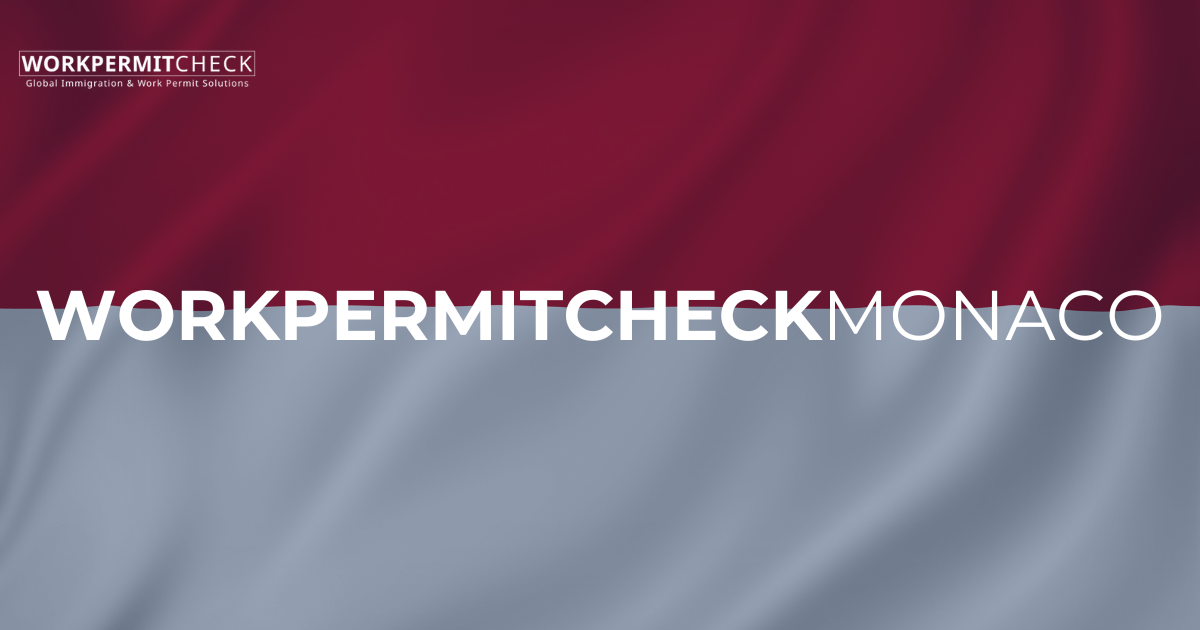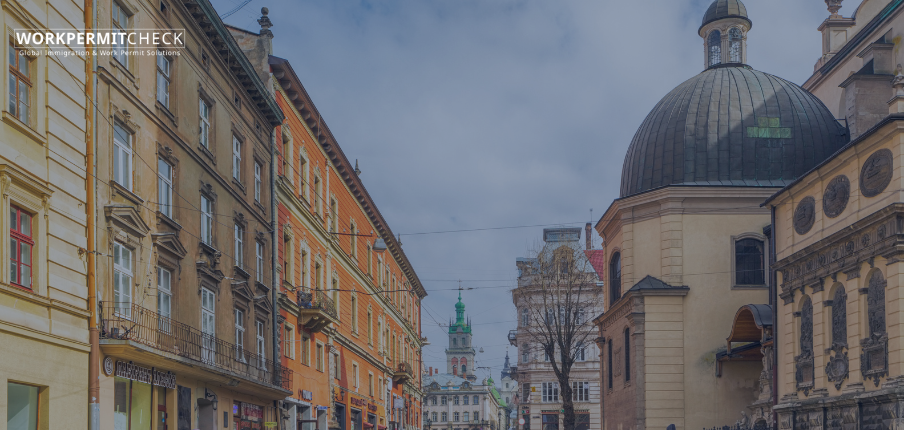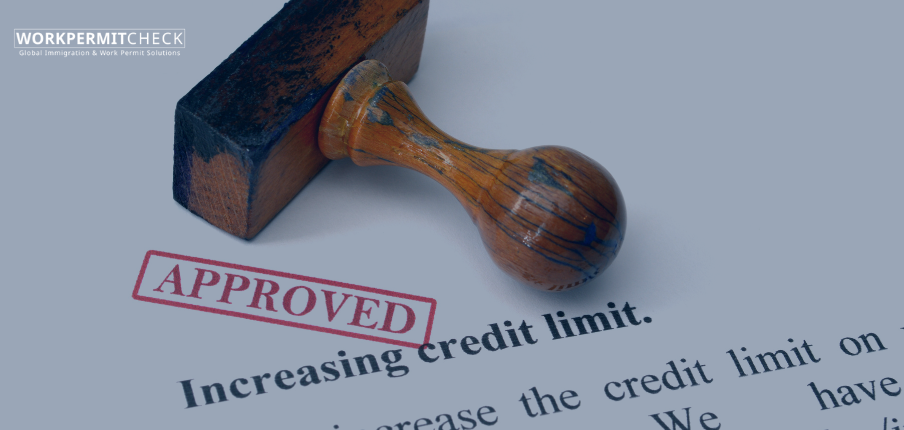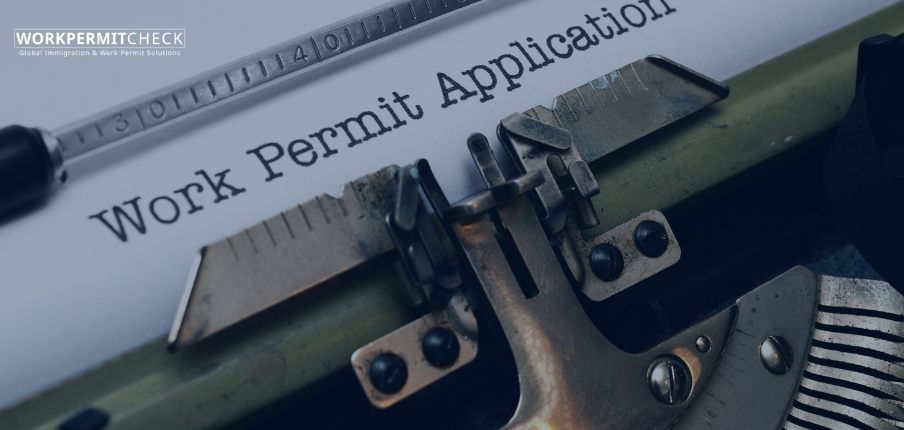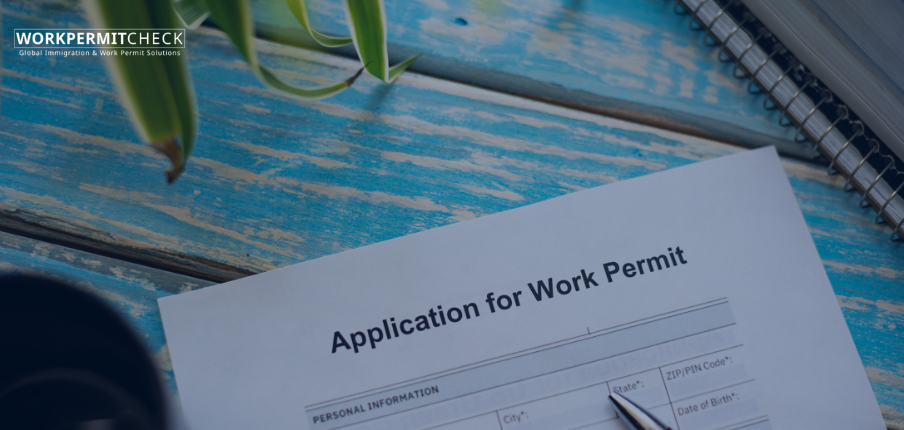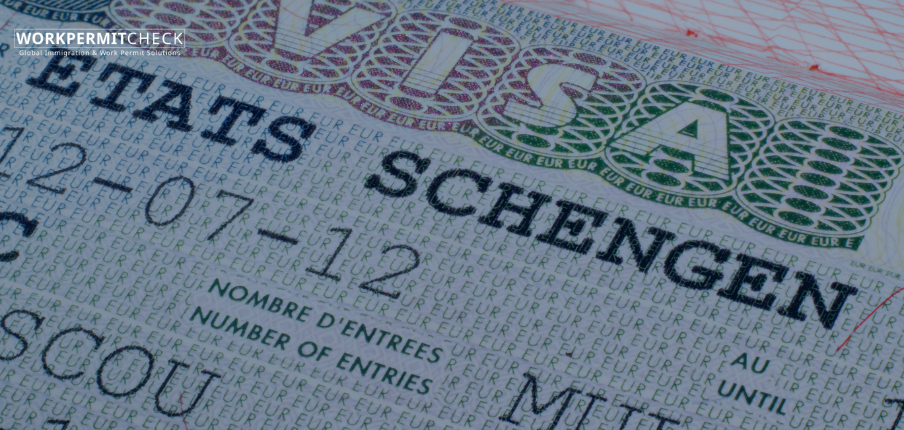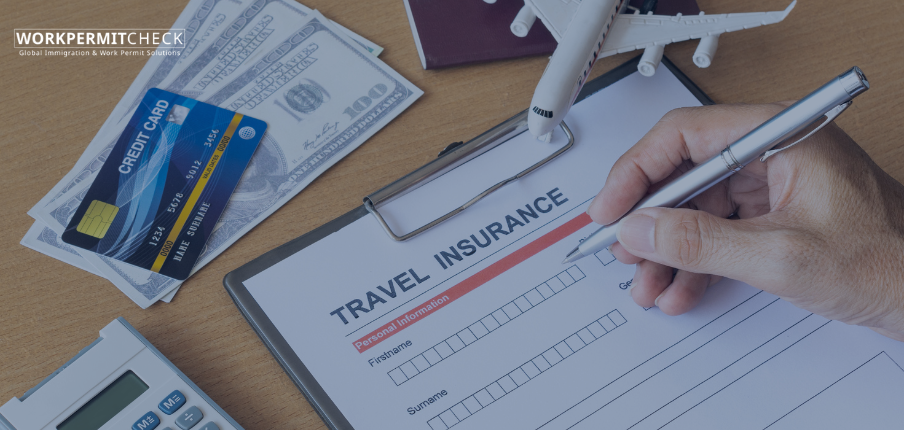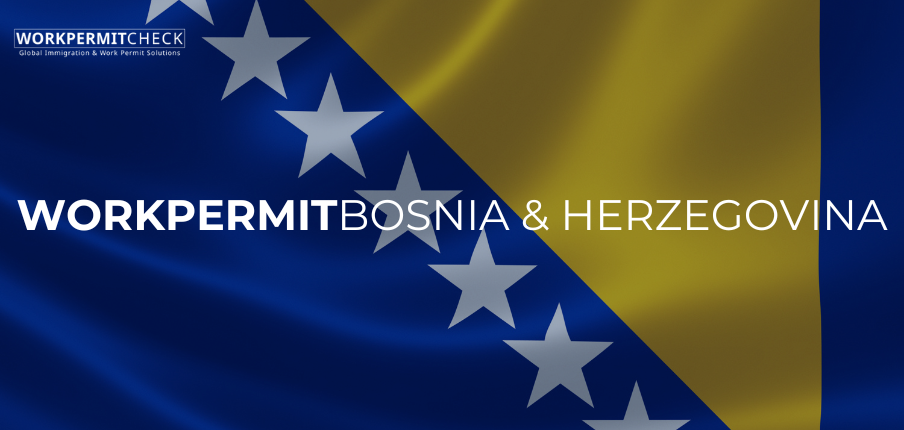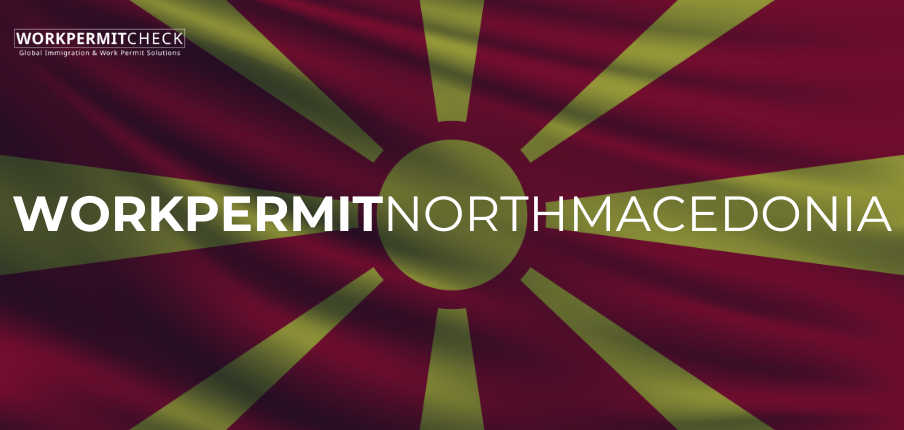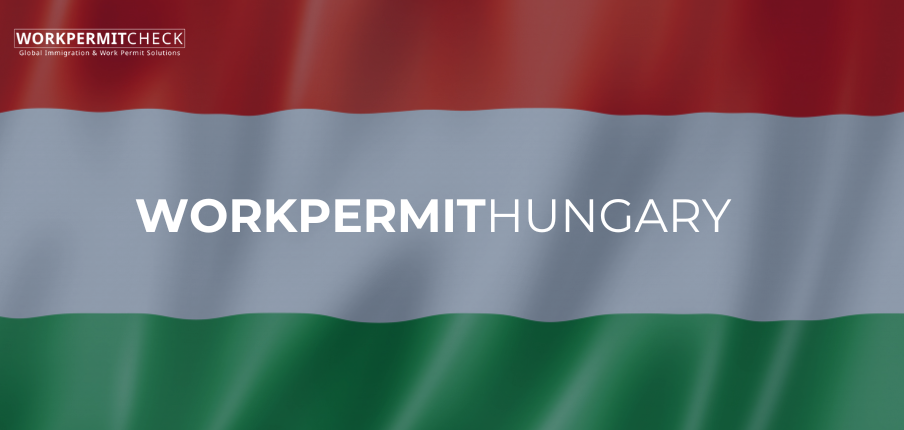Malta, a Mediterranean gem with a booming economy, offers appealing opportunities for foreign workers in sectors like IT, tourism, finance, and health care. However, if you're a non-EU/EEA or non-Swiss national, you'll need a valid work permit and residence authorization to legally work and live in Malta.
This blog post outlines the process, types of permits, eligibility criteria, and steps to apply for a work permit in Malta.
Who Needs a Work Permit in Malta?
-
EU/EEA/Swiss citizens do not need a work permit but must register their employment locally.
-
Non-EU/EEA/Swiss nationals require both a work permit and a residence permit to work and live in Malta legally.
Types of Work Permits in Malta
1. Single Permit
This is the most common permit for non-EU citizens. It grants authorization to live and work in Malta for more than six months and is linked to a specific employer and role.
2. Key Employee Initiative (KEI)
This is a fast-tracked process for highly skilled individuals earning a high salary or holding a managerial/technical role. It's usually processed faster than standard permits.
3. EU Blue Card
This permit is available for highly qualified workers from outside the EU who have higher education qualifications and a valid job offer in Malta that meets a certain salary threshold.
Application Process: Step-by-Step
Step 1: Secure a Job Offer
Before applying for a work permit, you must have a confirmed job offer from a Maltese employer. The employer must be willing to sponsor you and justify the need to hire a non-EU national (in most cases).
Step 2: Prepare Required Documents
Typical documents required include:
-
A valid passport
-
Signed employment contract
-
Curriculum Vitae (CV)
-
Proof of qualifications (educational certificates, diplomas)
-
Covering letter from the employer
-
Health insurance coverage
-
Evidence of accommodation in Malta
-
Recent passport-sized photographs
-
Police conduct certificate (depending on duration of stay)
Note: All documents not in English must be translated and certified.
Step 3: Submit the Application
For the Single Permit:
-
The application is submitted to Identity Malta Agency.
-
In most cases, the employer submits the application on your behalf.
For the EU Blue Card or KEI:
-
Applications go through specific units under Identity Malta or Jobsplus depending on the permit category.
Step 4: Biometrics and Residence Card
Once the application is provisionally approved, the applicant will be called in to submit biometric data (photo and fingerprints). If fully approved, you’ll receive a residence card which also serves as your work authorization.
Step 5: Wait for Final Decision
Processing time varies:
-
Standard Single Permits may take 2 to 3 months
-
Key Employee Initiative (KEI) permits are typically processed within 5 to 10 working days
-
EU Blue Card approvals may take longer due to higher documentation and assessment standards
Key Considerations and Requirements
-
Your job position must not displace local/EU workers unless justified.
-
The employer must register with Jobsplus, Malta's employment agency.
-
Health insurance is mandatory for non-EU nationals.
-
Permits are typically granted for one year, renewable annually.
-
If you switch employers, a new application is required.
Can You Bring Your Family?
Yes. Once your work and residence permit is approved and you’ve settled in Malta, you can apply for family reunification to bring your spouse or children, provided you meet minimum income and accommodation requirements.
Working Without a Permit: Risks
Working in Malta without proper authorization is illegal and may result in:
-
Deportation
-
Blacklisting from Schengen countries
-
Fines or criminal charges
-
Immediate job termination
Conclusion
Obtaining a work permit in Malta requires employer sponsorship, compliance with local labor market rules, and submission of complete documentation. Whether you're a highly skilled worker or taking up a job in tourism or administration, understanding the correct permit type and following the process step-by-step is essential.
If you're unsure about which path suits you or how to handle documentation, consider seeking advice from a registered immigration advisor or directly from Identity Malta.
April 22, 2025























































